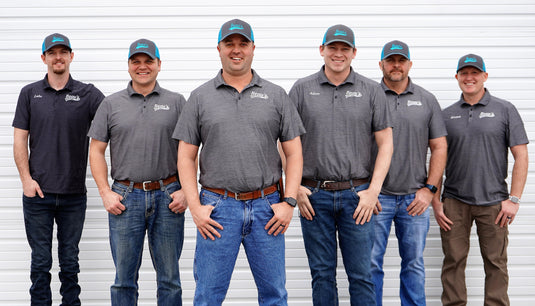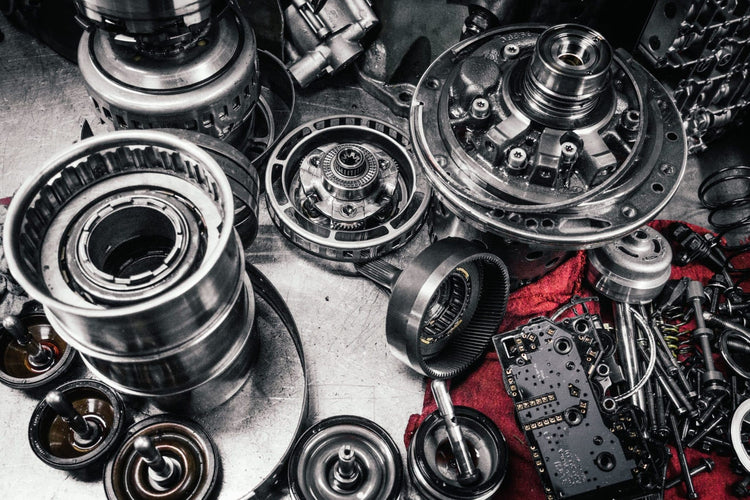About Us

At Beau’s Auto Parts our mission is to be the leading parts provider by serving our customers, team members, and communities through hard work, integrity, and striving for excellence.
We are founded on principles of hard work, honesty, and integrity. We want to help you find anything you need in a timely manner and with a smile on our face. Come into any of our locations, call us on the phone, or send us an email and let us help you find the things you need. With 5 locations across Utah, we are here to help. If you have a shop or business within reasonable distance, we would love to bring the parts to you to make your job easier.
2024 Customer Appreciation Car Show Dates
St. George - March 22nd
Mt. Pleasant - April 5th
Saratoga Springs - April 6th
Beaver - April 11th
Cedar City - April 12th

Frequently Asked Questions
Most people agree and the standard has been to change your oil every 3,000 to 7,000 miles or every 3 months. That being said, it is always best to refer to your owner’s manual to get your cars recommendations. With better oil, filters, and vehicle technology some manufacturers allow you to go longer between oil changes. Most vehicles today will tell you when it is time for a service.
There are many fluids in your vehicle that play vital roles in keeping it running and efficient. Some examples include the engine coolant, transmission fluid, brake fluid, and power steering fluid. Most specialists agree that you should check fluid levels when you change your oil or every 2 to 3 months. If you put a lot of miles on your vehicle each month, it would be good to check more often. Also, if you notice your vehicle leaving fluid spots on the ground after sitting for a while, you better get it looked at and find the issues before they become big problems.
There are typically two filters on most vehicles. There is an engine filter and a cabin air filter. Changing the engine filter can improve your vehicle’s efficiency and prolong the life of the vehicle. How often you change your filter varies greatly depending on how and where you use your vehicle. If you have a car that is primarily driven on the highway or around town, you may be able to get upwards of 30,000 miles out of it. But, if you are one of those off-road enthusiasts who enjoys cruising the dirt roads, you will want to change it more often.
Most brakes last between 20,000 to 30,000 miles, but that varies greatly depending on the way the vehicle is used. There are a few signs you can look for that will help you know when your brakes in hitting their useful life. The first and most obvious is a high-pitched screeching or grinding noise. If you hear one of these, you will want to get the breaks checked as soon as possible. Another way to tell is if you notice your vehicle taking longer to come to a stop. If you don’t correct these issues soon, damage can be done to the rotors and make your brake change more expensive.
Contact Us
Please fill out the form below and we’ll get back to you within 24 hours.

